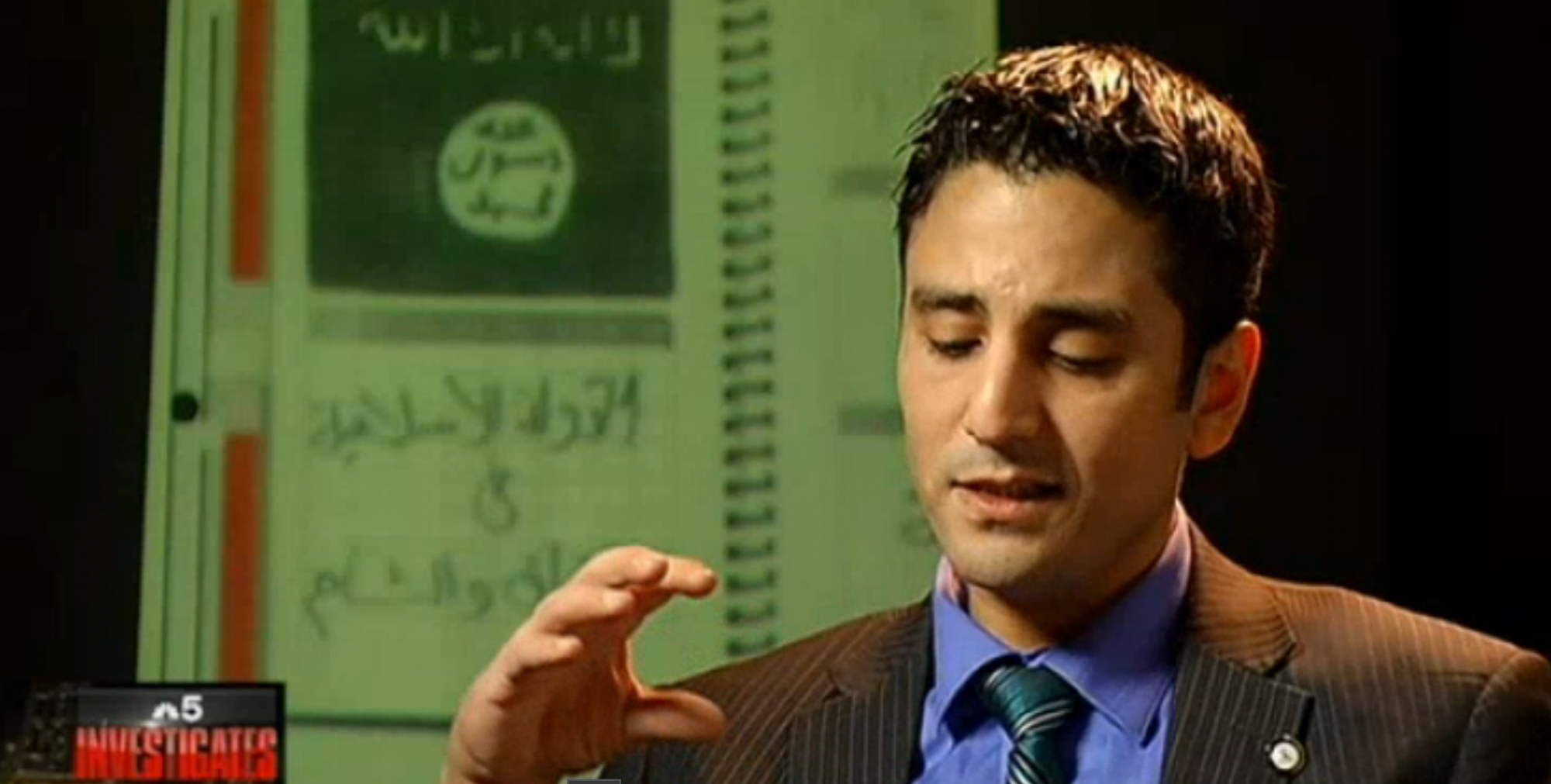 http://www.thechicagocouncil.org/event/doomed-succeed-us-israel-relationship
http://www.thechicagocouncil.org/event/doomed-succeed-us-israel-relationship
Month: October 2015
Beyond The Beltway: Bruce DuMont Russia Intervention Syria Election 2016
Allies in FLux: American Policy after the Arab Spring
(in English and French) in AIR AND SPACE POWER JOURNAL–A&F’s Q 4 (Winter), 2015 edition
Allies in Flux
American Policy after the Arab Spring
Khalil Marrar, PhD*
Developments of the Arab-Spring-turned-winter brought unprecedented changes to the American approach in the Middle East and North Africa. Most notable is the evolution of relationships with three regional blocks: the Arab states, Iran, and Israel. In regards to each, US policy makers had to reorient themselves to a new and perhaps unfamiliar strategic terrain.[i] As demonstrated previously, although American policy remained susceptible to influences from a variety of domestic lobbying and public opinion pressures both before and after the Arab Spring, regional shifts of that period have proven preeminent for conceptualizing the pursuit of American interests.[ii] This article examines how those shifts interacted with American policy.[iii] To do so, it addresses the following question: why did the Arab Spring and ensuing winter cause American policy, at its heart, to prioritize rapprochement with Iran and recalibrate alliances with Israel and the Arab states?[iv] This question
*The author is a professor of politics and justice studies at Governors State University, Illinois. His research focuses on the intersection of public policy and foreign affairs. The author of The Arab Lobby and US Foreign Policy: The Two-State Solution (Routledge, 2010), he is also working on a book entitled Middle East Conflicts: The Basics, to be published in 2016 by Routledge. Professor Marrar lectures and researches on Arab and Muslim diaspora, particularly their policy preferences. He also teaches American, global, comparative, and Middle East politics. Special thanks Marvin Bassett, Remy Mauduit, John Mearsheimer, and Shaiel Ben-Ephraim. Article dedicated to Mousa Marrar.





